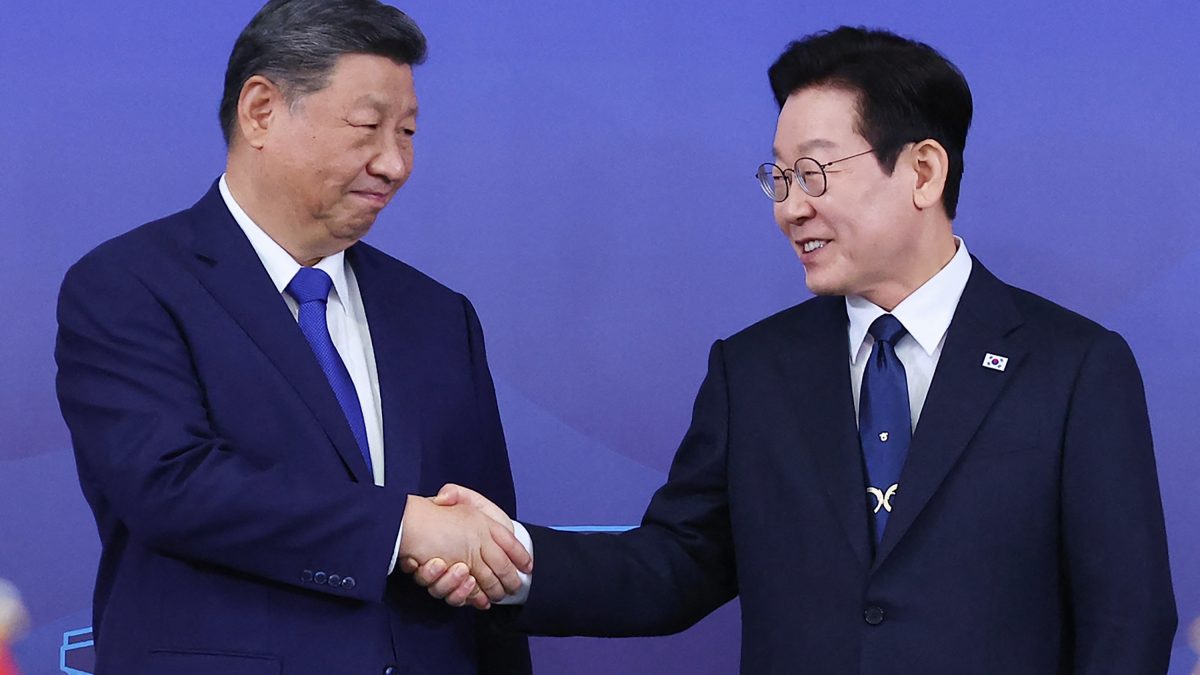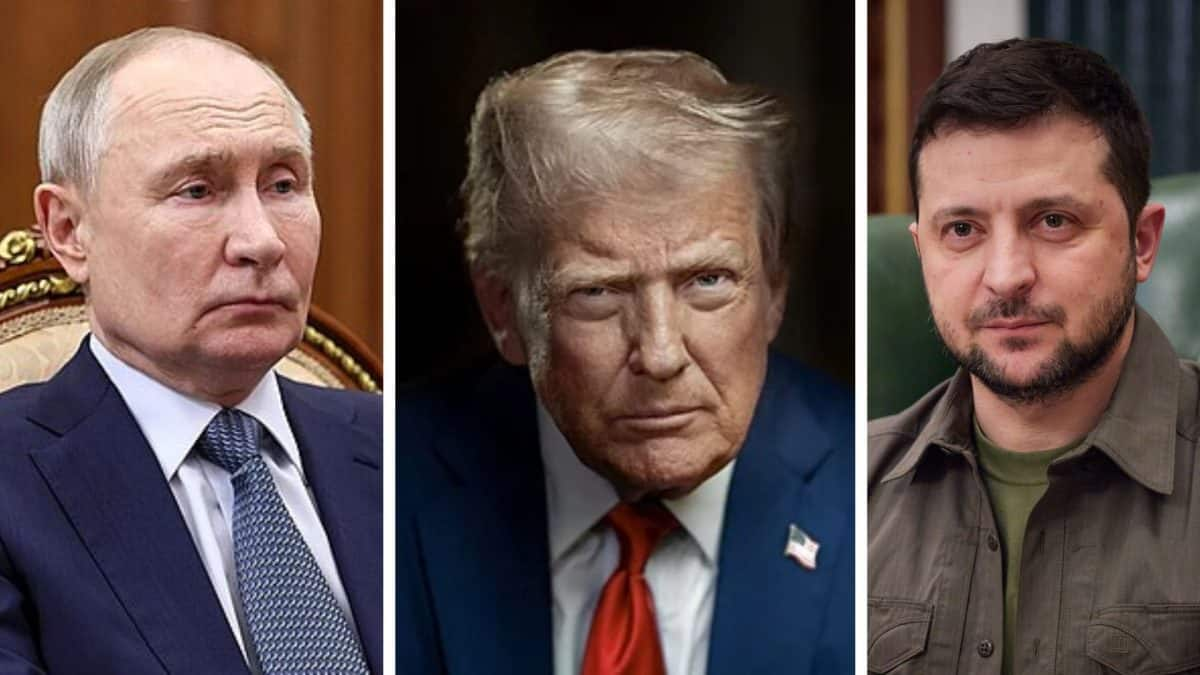South Korean President Lee Jae Myung on Saturday (1 November) urged Chinese President Xi Jinping to play a greater role in reviving dialogue with North Korea, as the two leaders met in Gyeongju for Xi’s first visit to South Korea in 11 years.
Their meeting followed the Asia-Pacific Economic Cooperation (APEC) forum, where regional leaders pledged stronger economic cooperation.
Lee called on Xi to help bring Pyongyang back to denuclearisation talks, saying “conditions for engagement with North Korea are being formed.” He urged closer strategic communication between Seoul and Beijing to resume dialogue with the North. Xi, in response, said China was ready to deepen cooperation, “practise genuine multilateralism,” and jointly address shared challenges.
China, South Korea sign new cooperation deals
According to Chinese state media, Xi proposed “opening a new chapter” in bilateral relations, based on mutual respect for each other’s political systems and development paths. He also called for greater collaboration in areas such as artificial intelligence, biopharmaceuticals, green industries, and ageing populations.
During the visit, both sides signed seven agreements, including a won-yuan currency swap and memorandums of understanding on cybercrime, innovation, and elderly care. South Korean officials described the talks as “productive” and confirmed they also addressed Chinese sanctions on five US-linked units of the South Korean shipbuilder Hanwha Ocean, which Beijing said were related to security risks.
Seoul’s maritime and security concerns
Lee raised concerns about Chinese structures in disputed waters and Beijing’s increasing military activity within Korea’s Air Defence Identification Zone (KADIZ). On the sidelines of an ASEAN defence summit in Malaysia, South Korea’s defence minister also met his Chinese counterpart to discuss these issues further.
While Seoul continues to strengthen its military alliance with the United States, it remains economically dependent on China. The summit came just days after Donald Trump and Xi agreed to ease tensions in their long-running trade dispute.
Protests erupt amid Xi’s visit
Xi’s visit sparked cultural and political tensions in South Korea. Hundreds of protesters took to Seoul’s Hongdae area, carrying placards that read “South Korea belongs to South Korea” and “China out.”
President Lee, who has sought to balance ties with both Washington and Beijing, has previously ordered a crackdown on anti-China and anti-foreigner rallies, calling them harmful to the country’s reputation.
Pyongyang rejects Lee’s outreach
Meanwhile, North Korea dismissed Lee’s call for engagement as an unrealistic “pipe dream,” reiterating that it would never hold talks with the South. North Korean leader Kim Jong Un has said he is open to negotiations only with the United States, if Washington drops its demand for denuclearisation.
South Korean national security adviser Wi Sunglac said China had expressed its willingness to work for “peace and stability” on the Korean Peninsula but did not specify what role it might play. He added that both sides agreed US–North Korea dialogue remained essential.
Impact Shorts
More ShortsThe Xi–Lee summit, combining political symbolism and practical cooperation, underscored Seoul’s delicate balancing act — maintaining its defence alliance with Washington, deep trade ties with Beijing, and a cautious stance towards an increasingly hostile North Korea.


)

)
)
)
)
)
)
)
)



